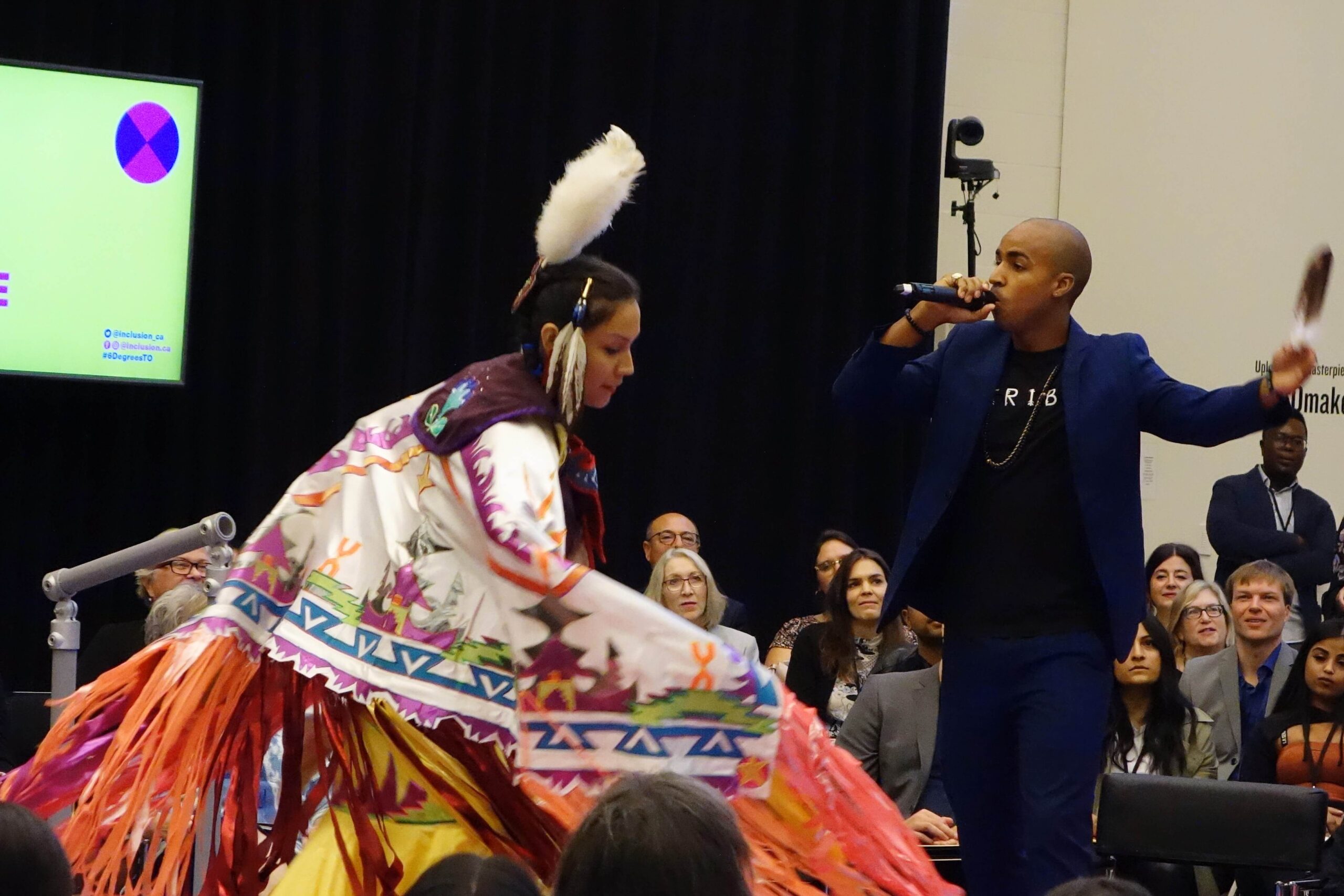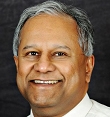Despite disinformation spread online about “people like them”, visible minorities in Canada are more likely to believe that social media and online platforms provide a meaningful space to engage on important issues. They’re also about twice as likely to try and correct false information online. These findings came from two national surveys held in April and August of 2019.
The surveys examined the impact of false and malicious information online on public discourse, inclusion and engagement. The Institute for Canadian Citizenship and Leger, a polling and market research firm, polled over 1,500 Canadians for the surveys. Scott Young, Director of Ideas & Insights at the institute, said according to the surveys, 73 per cent of Canadians have seen disinformation spread online about “people like them.”
Discouraged
Three out of four Canadians have felt discouraged from sharing their opinions online, especially people in visible minority communities. More than 60 per cent are concerned that the spread of disinformation online is causing Canadians to be less compassionate.
Those surveyed place a majority of the blame for the spread of disinformation on social media platforms (62 per cent) and extremist content (52 per cent). According to 46 per cent of respondents, the mainstream media is also partially to blame due to a lack of responsible fact-checking.
The surveys guided the discussion at the 6 Degrees Toronto 2019, the global forum for inclusion, held at the Art Gallery of Ontario (AGO). Young said it’s important for Canadians to continue this important conversation to counter and prevent disengagement.
Trust deficit
To understand how Canadians feel the impact of exclusion or disengagement online, here are some more takeaways from the surveys:
· The top reasons cited for feeling discouraged from sharing opinions online include a lack of trust in the information found online (32 per cent), frustration due to conflicting and false information (29 per cent) and concerns of bullying or targeting online (22 per cent).
· 52 per cent of respondents said they don’t think online platforms provide a meaningful space to engage on issues. They said that social media and online spaces are too anonymous and negative.
· 38 per cent of people surveyed said that social media forums are meaningful for engagement because of their accessibility.
Engagement solutions
During the discussion following the survey presentation, two solutions were presented to counter and prevent disengagement. One was the #iamhereCanada action group, which practices counter speaking. Founded by Alena Helgeson, the group is a branch of #jagärhär, “the Swedish online love army who take on the trolls.”
Like #jagärhär, the Canadian group provides support for those who want to disrupt those spreading hate and fear. Rather than responding directly to people spreading disinformation or hate, the group’s goal is to carve out space for others. They allow a vocal minority to influence the narrative that reaches the majority of Canadians. The group’s objective is to engage those who feel silenced and encourage them to contribute their opinions online.
Helgeson said her group believes that facts, courage and kindness are stronger than fear and hate. Helgeson believes that constructive dialogue is key to countering toxicity. “This is done by commenting on articles needing a balanced view and by supporting members who bravely speak up. It is essential not to spread prejudices, gossip, or engage in personal attacks, & instead, present facts and show compassion,” she said. Another idea is a take on the “My Country Talks” digital engagement campaign that leads to face-to-face discussions between people with opposing views.
“We’ll launch the campaign across the country in partnership with CBC,” said Kate Rowswell. Rowswell is the executive director of Memetix, a social impact lab. The lab’s website says it raises awareness about disinformation and polarization and examines how to counter them.
Roswell said the engagement campaign offers a way for politically-opposed people to unite and establish new forms of political debate. “In over 25 countries around the globe, this initiative has produced results that are fascinating, touching and often downright surprising.”
An earlier version used “misinformation” rather than “disinformation” – which more accurately describes the theme of this story. An earlier headline “Misinformation Forces Visible Minorities to Rethink Social Media” has also been updated to reflect the study’s findings more fully. – Editor
Ranjit is a Toronto-based writer with interest in Canadian civic affairs, immigration, the environment and motoring. Maytree and Al Jazzera English alumnus.





